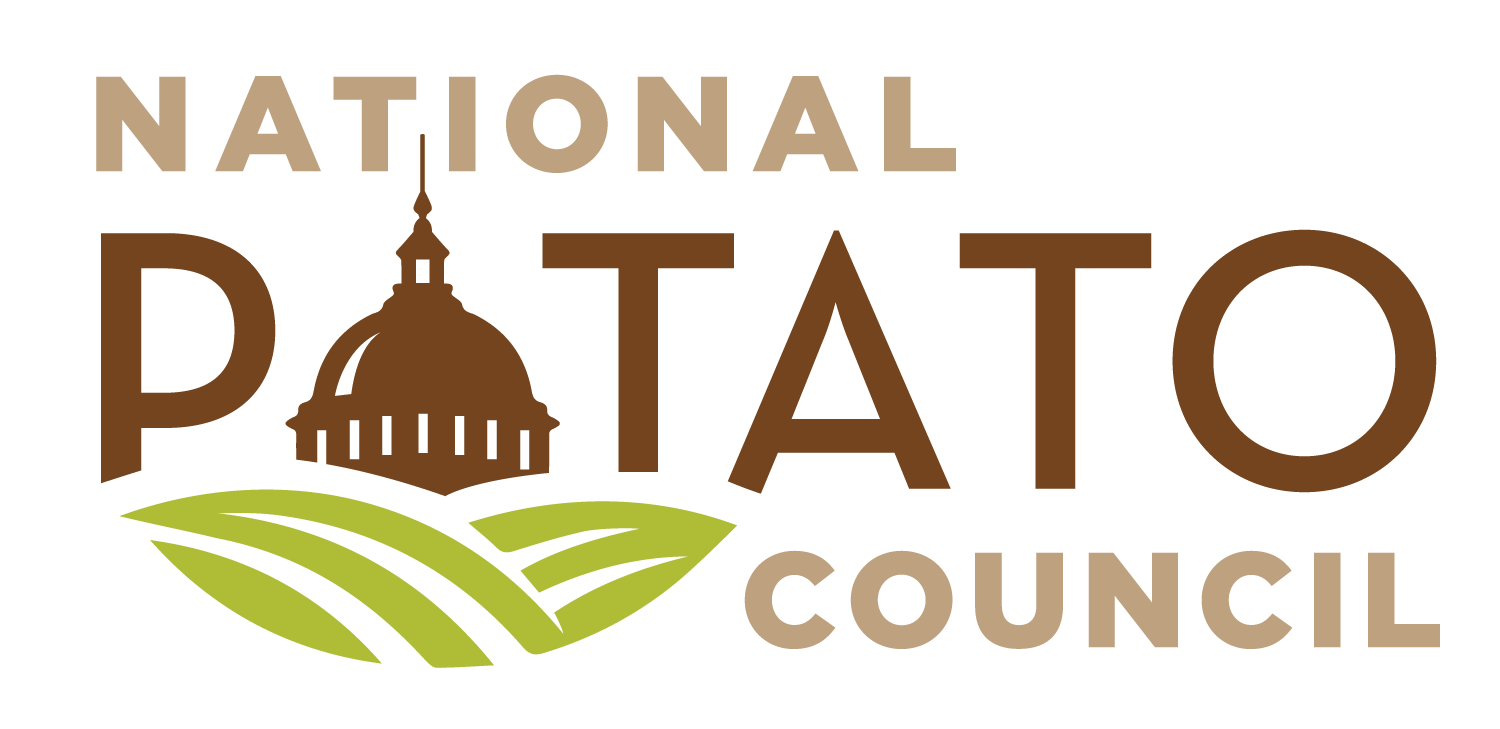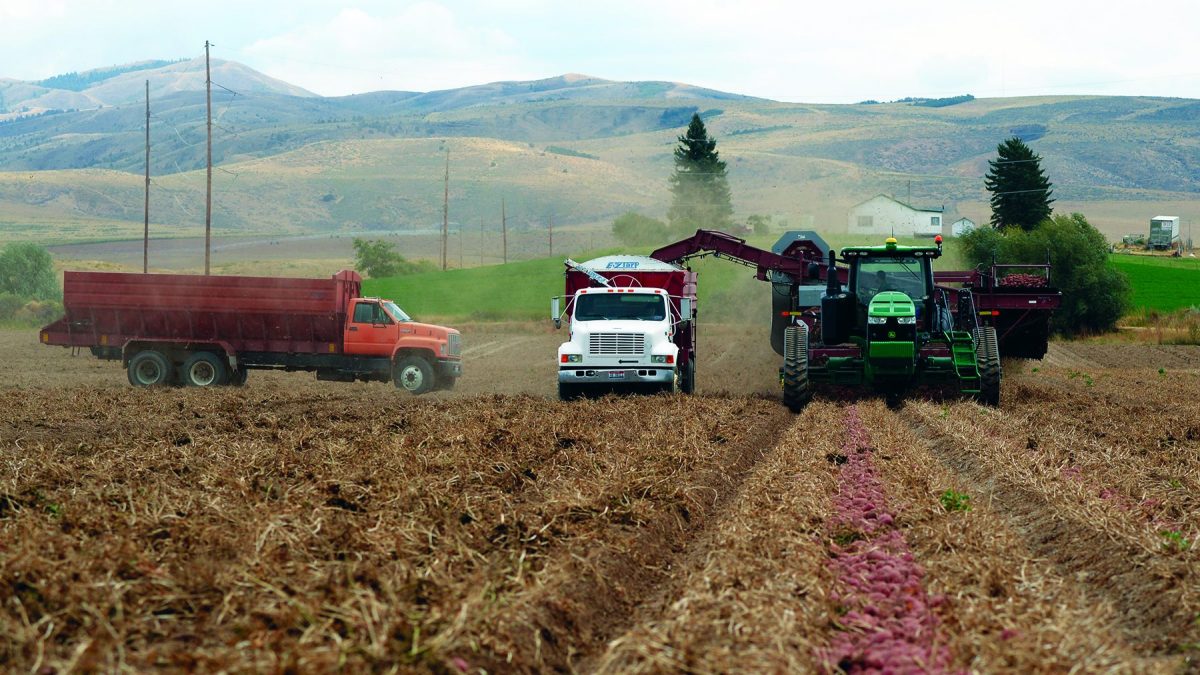Our Position
American agriculture depends on a stable workforce to plant, harvest, process, and ship its crops. However, domestic workers provide an insufficient source of labor for the potato industry and for other specialty crop producers.
Farm Workforce Modernization Act
The agriculture industry is experiencing a critical shortage of labor to plant and harvest crops. Estimates are that upwards of 70% of the overall agriculture labor in the U.S. is provided by an improperly documented immigrant workforce. This highly vulnerable workforce creates uncertainty for the workers and the farms and ranches that employ them.
The sole agricultural guest worker program (H-2A) supplies only 10% of the necessary agricultural workforce, in part because it operates in a cumbersome and unresponsive manner. In particular, the Adverse Effect Wage Rate (AEWR) that is required for the H-2A program has skyrocketed recently by over 20% annually in certain states. This unworkable structure drives employers away from the program and harms investment in rural America that would otherwise occur.
The passage of the bipartisan Farm Workforce Modernization Act in the 116th Congress was the first time the House of Representatives had successfully acted upon agricultural labor reform in over 20 years. In the 117th Congress, the House passed this bipartisan compromise for the second time. Unfortunately, the Senate failed both times to provide improvements and both efforts died.
The 118th Congress must create a secure and long-term fix to this crisis through the following actions:
Create a New Guestworker Program
Congress must create a new guestworker program with the flexibility to meet the current and future demands of American agriculture that includes:
- Predictable market-based wage rate
- Administration by the Dept. of Agriculture instead of the Dept. of Labor
- Responsive visa terms and no “hard caps” on participation
- Preventing predatory lawsuits against employers
- Reducing costs of program participation
Stabilize Improperly Documented Workers
Congress must stabilize the current improperly documented workforce through a program with the following goals:
- Incentivize workers to remain in American agriculture
- Respect that some of these workers may have lost their ties to their home countries and may be unable to self-deport or “touchback”
- Consider that workers may have family members (either American or foreign) that will factor into their decision to participate in the program
These pieces must be in place before any additional enforcement measures can be implemented. Mandatory E-Verify (alone or with an “agriculture exemption”) would be extremely destructive to our industry and cannot move forward before an ag labor solution has been fully implemented.
Additionally, the Adverse Effect Wage Rate (AEWR) increases for 2023 are unreasonable and harm producers using the H-2A program. The unpredictability of a wage that can fluctuate by over 15% drives employers away from the program and harms investment in rural America that would otherwise occur. These drastic increases should be repealed for 2023 and a new market-based wage rate installed immediately.
Ag Workforce Coalition
The National Potato Council is a leader in the Ag Workforce Coalition (AWC), which represents the combined interests of U.S. agriculture on legislation to address the ag labor crisis. The AWC was actively engaged in the negotiations on the Farm Workforce Modernization Act that passed the House of Representatives in the 117th Congress.


